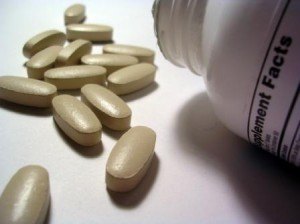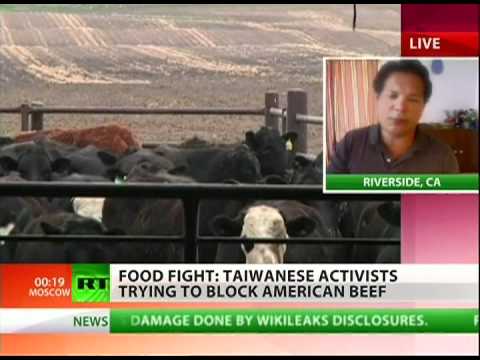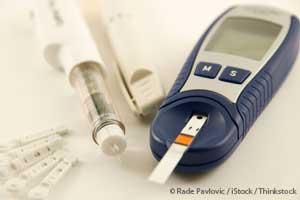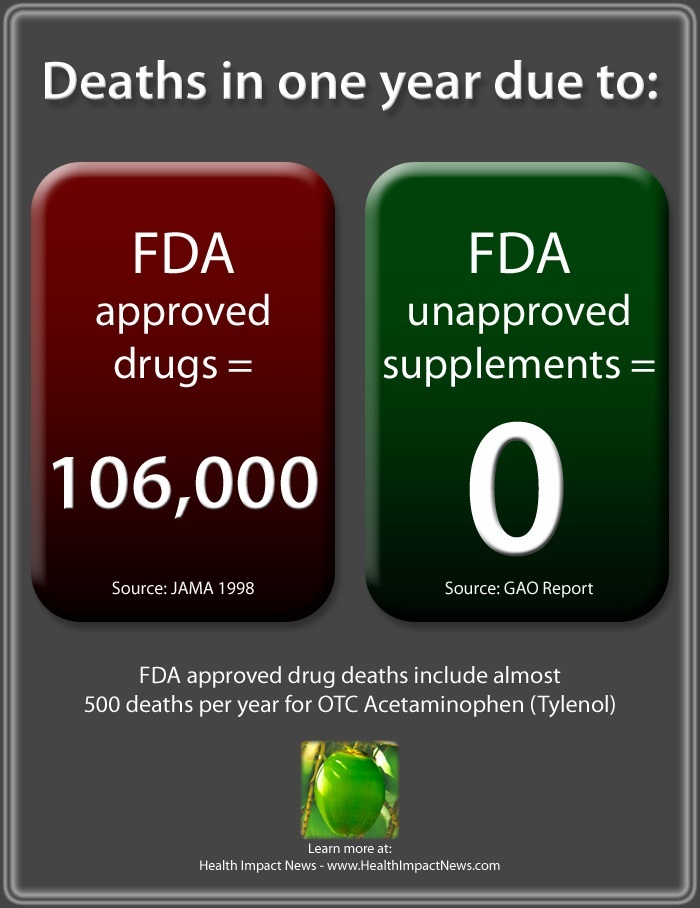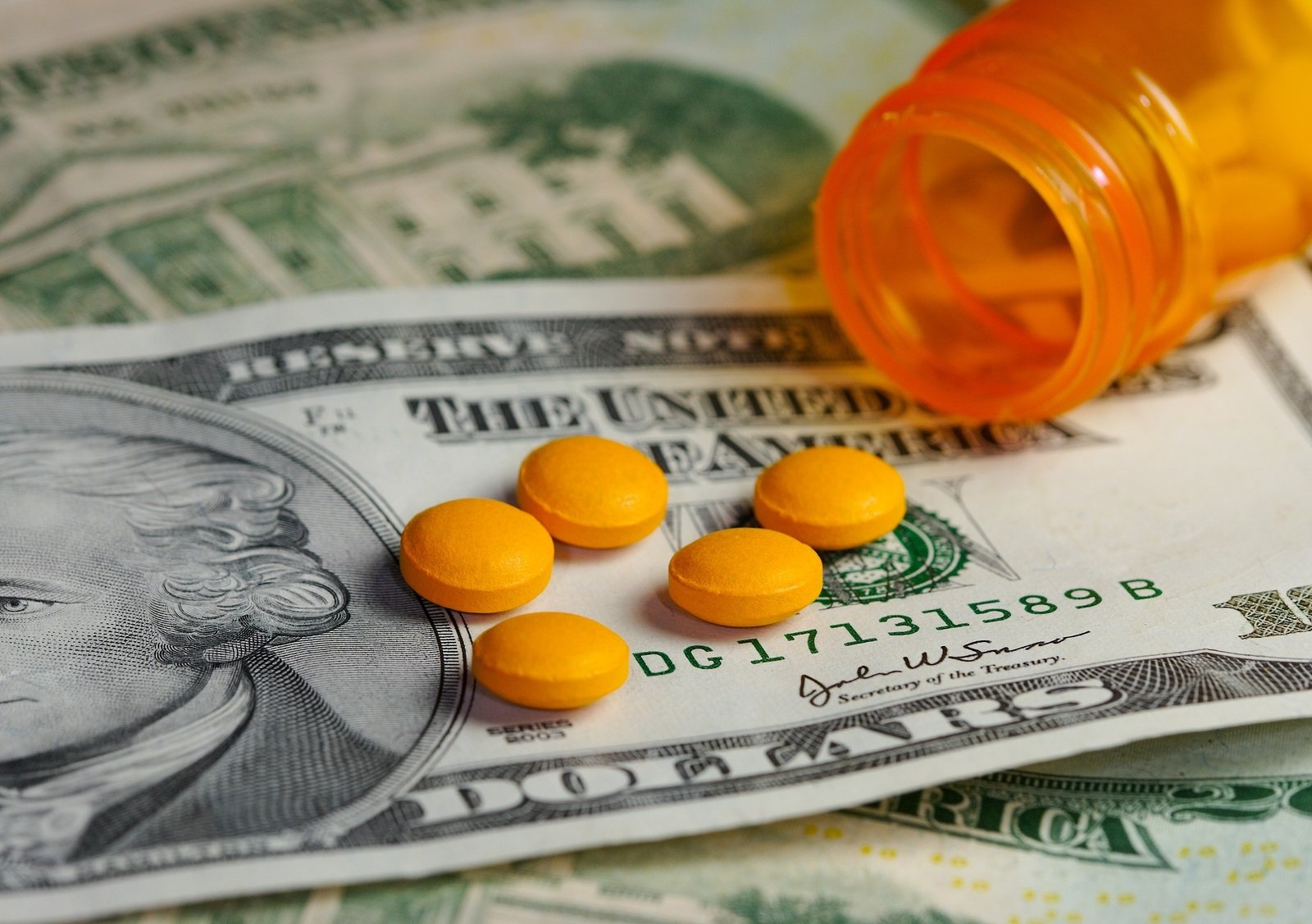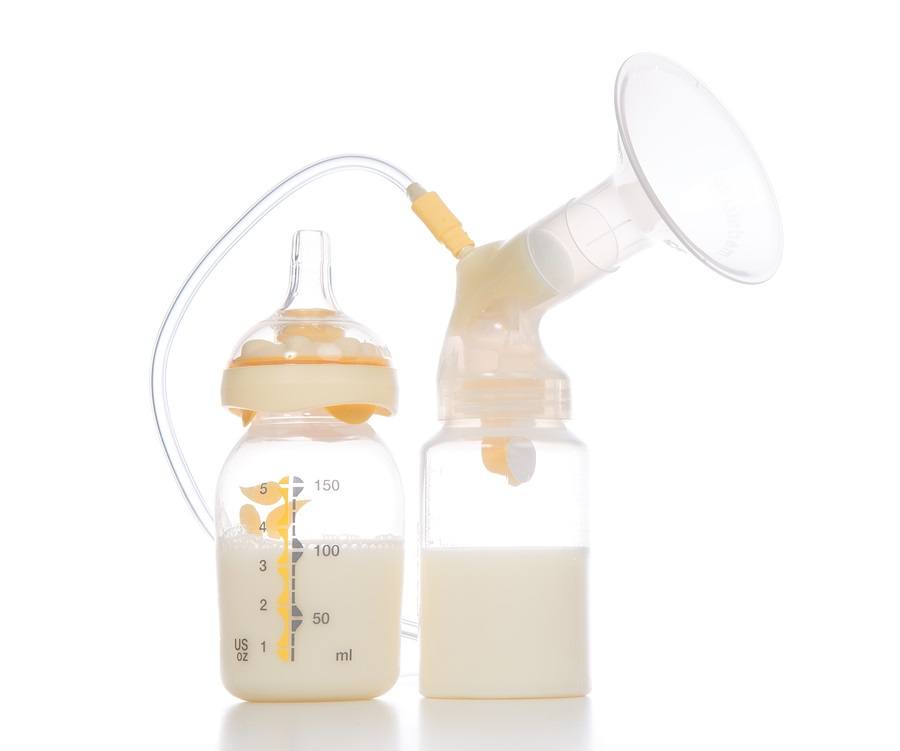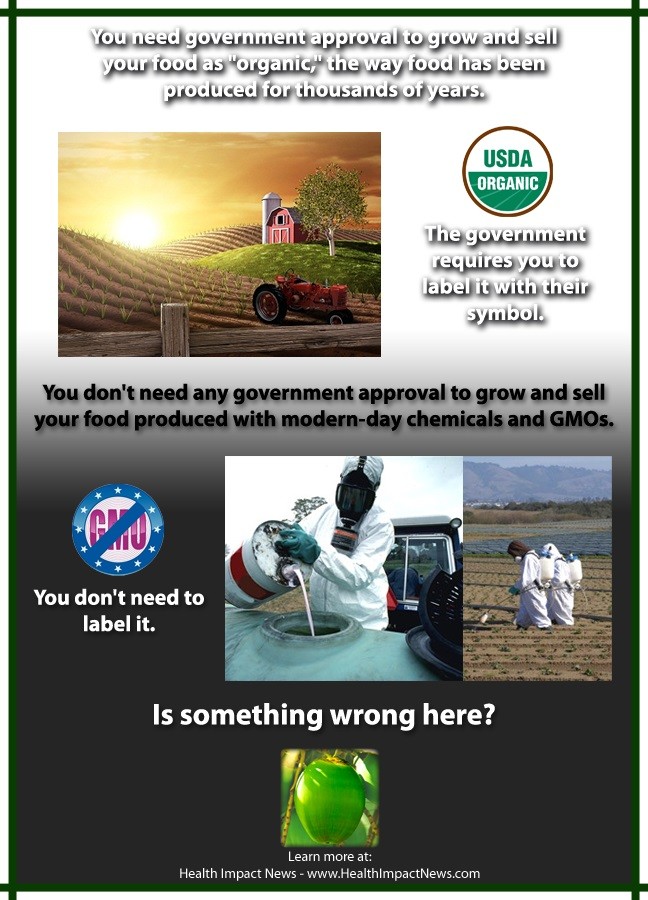Ractopamine is banned from food production in at least 160 countries around the world, including countries across Europe, Russia, mainland China and Republic of China (Taiwan), due to its suspected health effects. Since 1998, more than 1,700 people have reportedly been “poisoned” from eating pigs fed the drug. If imported meat is found to contain traces of the drug, it is turned away, while fines and imprisonment result for its use in banned countries.
While Americans are largely unaware that the drug is even used, many other nations seem to be far better informed. Fear that the ractopamine ban might be lifted brought thousands of demonstrators onto the streets in Taiwan last year, demanding that the ban remain in place.
In February of this year, Russia issued a ban on US meat imports, warning it would remain in place until the US agrees to certify that the meat is ractopamine-free. As reported by Pravda, Russia is the fourth largest importer of US meats, purchasing about $500 million-worth of beef and pork annually. At present, the US does not even test for the presence of this drug in meats sold.




